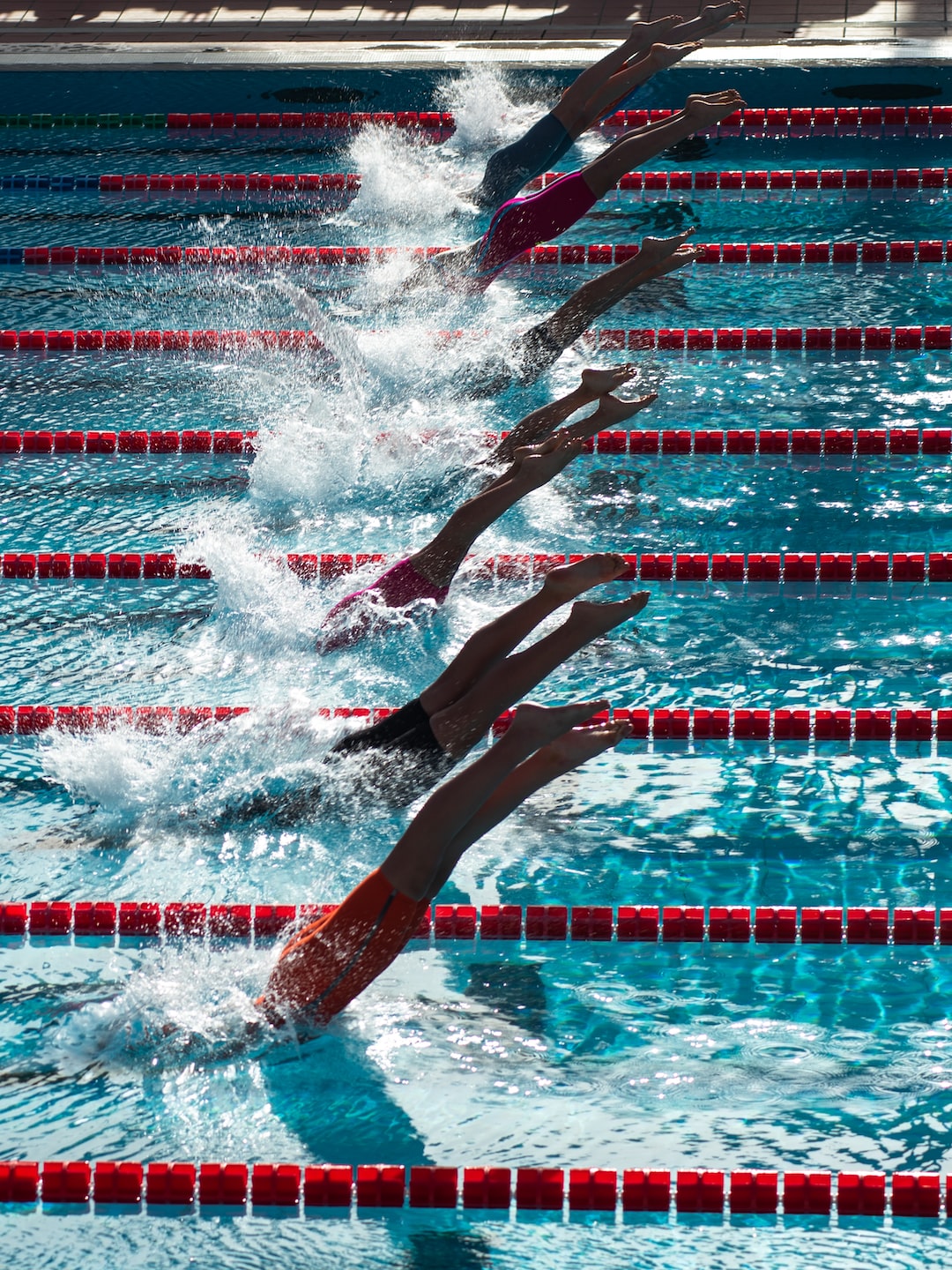The Role of Nutrition in Sports Performance
When it comes to excelling in sports, there are various factors that contribute to an athlete’s performance. From rigorous training to strategic planning, athletes leave no stone unturned in their quest for success. However, one critical aspect that is often overlooked but plays a vital role in sports performance is nutrition. Proper nutrition not only fuels the body but also aids in recovery, enhances endurance, and improves overall performance. In this blog post, we will delve into the importance of nutrition in sports performance.
Nutrition serves as the building block for athletic performance. A well-balanced diet that includes macronutrients, such as carbohydrates, proteins, and fats, is crucial for athletes. Carbohydrates provide the energy needed for intense physical activity, while proteins repair and build muscle tissue. Fats are essential for maintaining optimal health and supporting various bodily functions. Consuming a well-balanced diet ensures that athletes have the energy and resources necessary to perform at their best.
Carbohydrates, specifically, play a significant role in sports performance. They are the primary fuel for our muscles and supply energy during short and intense bursts of activity, such as sprinting or weightlifting. Complex carbohydrates, such as whole grains, fruits, and vegetables, provide a sustained release of energy, while simple carbohydrates, like sugars, offer a quick energy boost. Athletes should aim to consume a mix of both types to meet their energy requirements.
Proteins are another essential component of an athlete’s diet. They are responsible for repairing and rebuilding muscle tissue that gets damaged during intense physical activity. Incorporating lean sources of protein, such as chicken, fish, eggs, and tofu, helps promote muscle growth and recovery. Additionally, proteins play a role in regulating various enzymes and hormones in the body, contributing to overall health and performance.
Fat is often misunderstood and considered to be detrimental to sports performance. However, certain types of fats, like monounsaturated and polyunsaturated fats, are actually beneficial. These “good fats” help reduce inflammation, support cardiovascular health, and ensure proper hormone production. Including sources of healthy fats, such as avocados, nuts, seeds, and olive oil, in an athlete’s diet can have positive effects on their performance.
In addition to macronutrients, athletes must also pay attention to their micronutrient intake. Vitamins and minerals play a crucial role in energy production, immune function, and muscle recovery. For instance, iron is necessary for the transportation of oxygen to muscles, while calcium maintains bone health and prevents stress fractures. Athletes should aim to consume a variety of fruits, vegetables, and whole grains to ensure they receive an adequate amount of essential vitamins and minerals.
Hydration is another overlooked yet crucial aspect of sports nutrition. Dehydration can negatively impact performance and lead to fatigue, muscle cramps, and poor concentration. It is important for athletes to stay well-hydrated before, during, and after exercise. Water should be the primary source of hydration, but for intense or prolonged exercise, sports drinks can provide electrolytes and carbohydrates to replenish energy levels.
Timing and consistency of meals are key factors that contribute to optimal sports performance. Athletes should aim to consume a balanced meal rich in carbohydrates and proteins two to three hours before their workout or competition. This allows sufficient time for digestion and utilization of nutrients. Additionally, post-workout meals should be consumed within 30 minutes to two hours after exercise to replenish depleted energy stores and aid in muscle recovery.
To sum up, nutrition plays a crucial role in sports performance. A well-balanced diet that includes the right combination of macronutrients and micronutrients provides the necessary fuel, promotes muscle growth and recovery, and supports overall health. Proper hydration and timing of meals also contribute to optimal performance. By paying attention to their nutrition, athletes can ensure that they are giving their bodies the best chance for success in their chosen sports.

